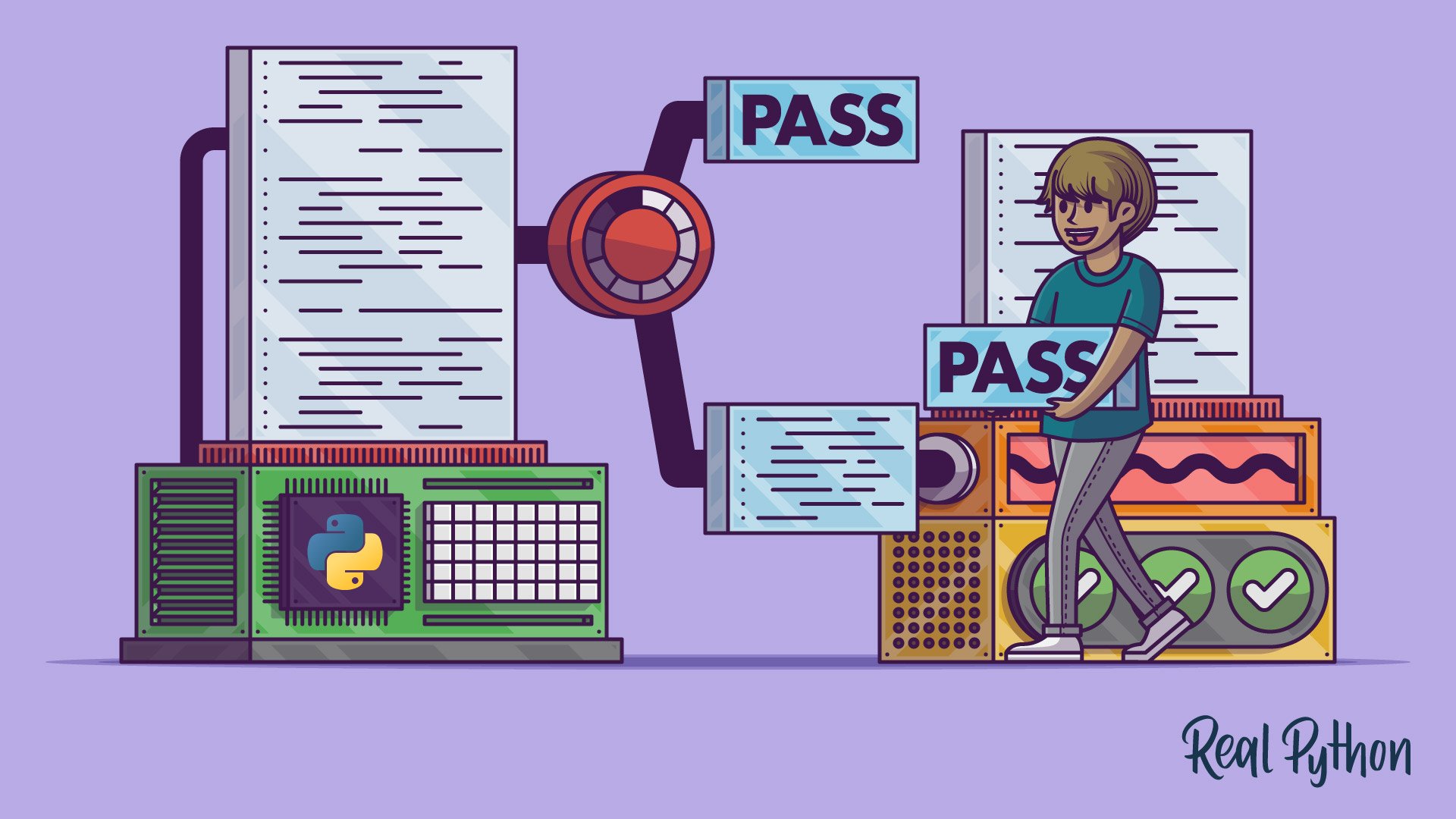pass
In Python, the pass keyword is a placeholder statement that allows you to write syntactically correct code without executing any operations. You’ll often use pass when you have a block of code that you haven’t implemented yet but want to avoid syntax errors. It’s particularly useful during the development phase to draft code structures without fleshing out the details.
Python pass Keyword Examples
Here’s a quick example demonstrating the use of pass:
def function():
pass
class ExampleClass:
pass
class CustomError(Exception):
pass
In this code, pass is used in a function, a class, and a custom exception. In example_function(), pass means the function doesn’t do anything yet. Similarly, ExampleClass is a placeholder for a class definition. Finally, it’s common practice to use pass for the body of custom exceptions.
Python pass Keyword Use Cases
- Creating minimal class or function definitions to be implemented later
- Serving as a placeholder in loops or conditional statements during code drafting
- Temporarily disabling a block of code without removing it
- Defining custom exceptions
Related Resources
Tutorial
The pass Statement: How to Do Nothing in Python
In this tutorial, you'll learn about the Python pass statement, which tells the interpreter to do nothing. Even though pass has no effect on program execution, it can be useful. You'll see several use cases for pass as well as some alternative ways to do nothing in your code.

